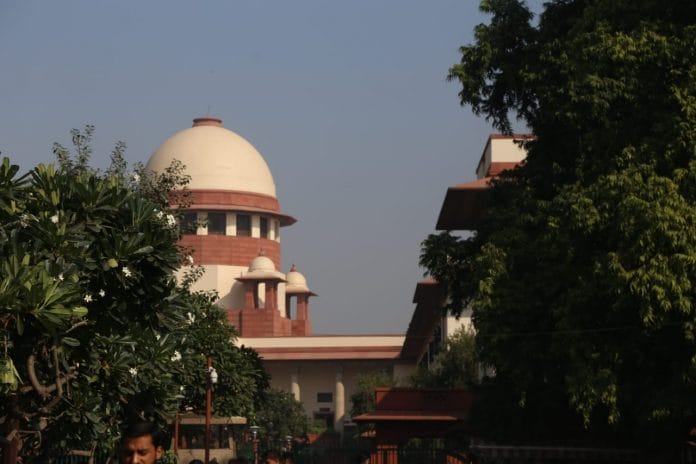New Delhi/Mumbai: India’s top court told wireless carriers including Bharti Airtel Ltd. and Vodafone Idea Ltd. that they need to pay $13 billion of dues to the government, rejecting an appeal by operators struggling to stem losses and reduce debt.
A three-judge Supreme Court bench headed by Justice Arun Mishra Thursday dismissed review petitions filed by the telecommunication companies against the October verdict. Under that ruling, Vodafone Group Plc’s India venture has to pay $4 billion, while Bharti Airtel got a $3 billion bill — all due on 24 January.
The court’s rebuff is the latest setback for the survivors of a brutal tariff war sparked by the 2016 entry of billionaire Mukesh Ambani’s Reliance Jio Infocomm Ltd., an upstart that disrupted the industry with free calls and cheap data. Both Bharti Airtel and Vodafone Idea, with a combined net debt of about $30 billion, reported record losses in the quarter through September, and were counting on the court to reverse its order.
For two decades, the operators had challenged the way authorities calculated their annual adjusted gross revenue, a share of which is paid as license and spectrum fees. With the October ruling, the court upheld the government’s method, while rejecting the companies’ plea to exclude revenue from non-telecommunications businesses. The government had raised a total demand of around 920 billion rupees ($13 billion) against all telecom operators, including defunct ones, according to filings in the court.-Bloomberg
Also read: Supreme Court allows seizing JPMorgan’s assets in Amrapali investment case







This is another measures to meet deficits raised by wrong policies.
I’m surprised with sc verdict on the case.
This AGR system have no logic. Why should one pay 8% of revenue on top up with other applicable taxes.
This purely a mess by DOT and all these verdict is only to help Jio nothing else.
This way the telecom sector will be completely monopoly.
Many employees will loose jobs.
Now that SC has rejected the appeal, the pressure will be on the Central government to let go the dues which were not paid for last 20 years by these companies and also for which no cash provision was made by them for being under legal dispute. If government agrees for the waiver under the threat that these companies can go bankrupt and disrupt the market, it means that the rise of Jio and the benefit the consumer got by way of cheap telecommunication services were in effect financed subsequently by the government and in effect by the tax payers!
In cases of such tax disputes with the government, the courts ought to stipulate depositing at least 50% of the amount in dispute from time to time with the Court so that even if the tax liability is upheld later by the court, the companies will have at least some funds to meet it at the time of the court decision.